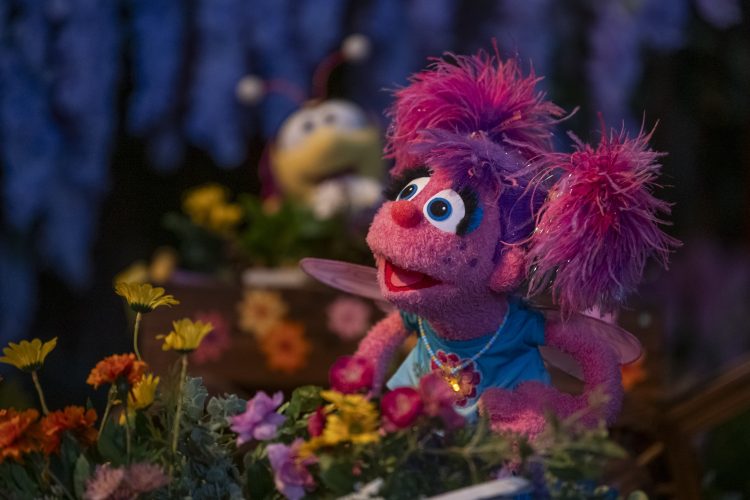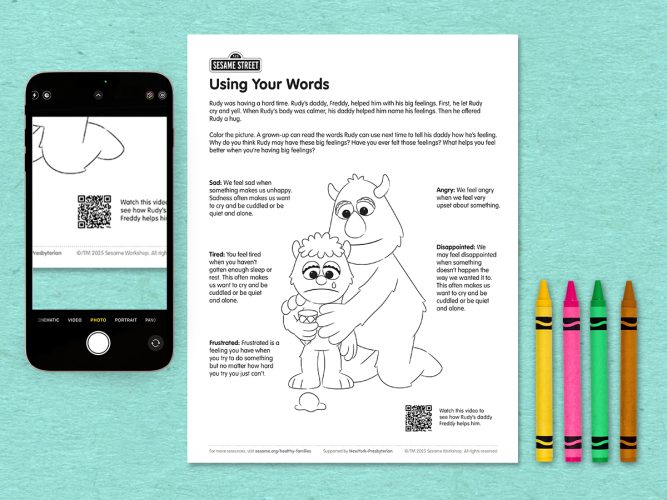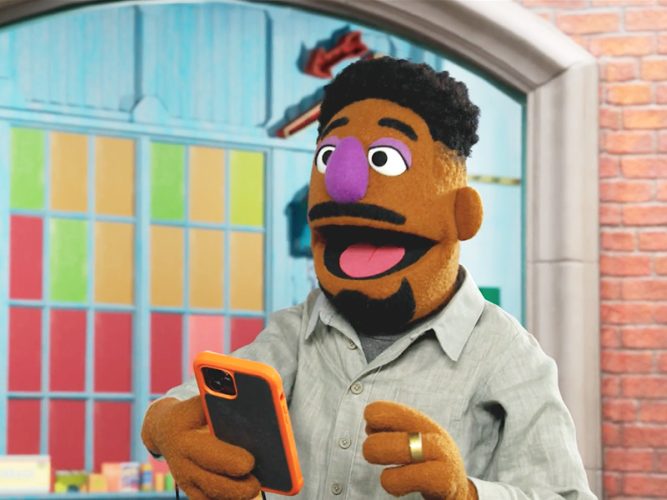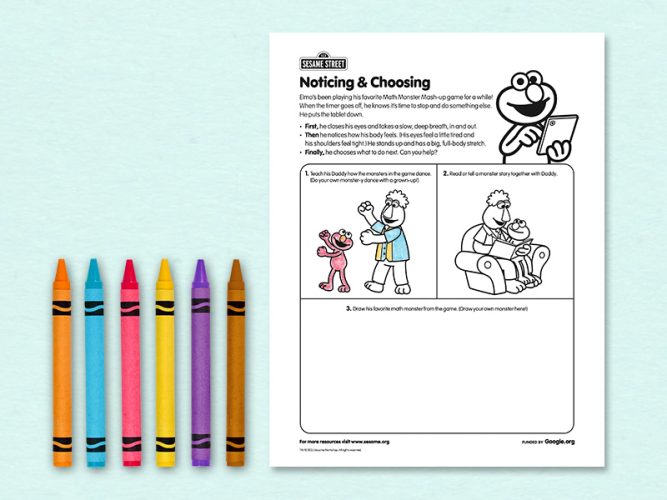
For Parents & Caregivers: When You’re Concerned
You are your child’s best advocate, and it’s brave to reach out for support. Help can take many different forms.
If you’re reading this, you probably have some concerns about your child’s emotional well-being or behavior. First, remember that you’ve already taken some important steps to help your child—you’ve paid close and caring attention to their feelings and behavior, and you’ve decided to learn more about how to handle your concerns. You are your child’s first teacher and most loving advocate… you’ve got this! Approaching children’s struggles with curiosity and empathy—rather than jumping in to “fix” their “bad” feelings—helps them build the skills they’ll need to take care of their own emotional well-being over a lifetime.
Beyond checking out the resources on this site (including this resource list for finding mental health providers) remember that reaching out for help can take many forms.
You might be considering finding a therapist or counselor for your child, and there are also a range of ways to approach the process of finding the right help for your child. This might include less formal ways to begin getting the support and information you need—especially since finding mental health care quickly can be challenging. The more you know, and the more support you have, the better prepared you are to help your child as you figure out your next steps.
Learn more and connect with others online. Read about what you’re worried about. Besides finding basic information about your concern, there are many other parents out there with similar worries, and lots of online conversations about situations like yours. Reading about other parents’ challenges and successes can help you find practical coping strategies for both you and your child… and it always helps to know you’re not alone!
Talk to your child’s health provider. Pediatricians and other health providers are often the first people parents feel comfortable sharing their concerns with. After all, they’re not only responsible for your child’s physical health, but their emotional well-being as well—so they can help you identify areas of concern as early as possible, they can offer practical advice, and they can point you to other resources when needed. Remember, starting this conversation with your child’s health provider does not necessarily mean they’ll be diagnosed, or prescribed medication on the spot, and it’s up to you to decide if you want to accept a particular treatment or not.
Talk to trusted friends and family. There’s lots of shared wisdom to gain from those who love and care about you, your child, and your family. Sharing difficult, sensitive information and asking for support can enhance trust and bring everyone closer, which can benefit the whole family. You and your friends or family members might become an ongoing source of support for one another.
Check in with others in your child’s life. Your child has an important “circle of care” that includes teachers, other school staff, daycare providers, babysitters, extended family, family friends, neighbors, and more. You might start by asking them, for instance: How is my child with other children in the classroom? How about when they play at recess? How do they react to challenges like making a mistake, transitioning from activity to activity, or communicating their feelings? It can be hard to share your concerns, but they may be noticing the same things that are causing you concern and can offer more insight, which could be helpful information for you (especially if you decide to reach out to a professional).
Keep noticing. Whatever your next steps are, remember the power of your observations. Tuning in to your child means you have a valuable bank of information to share with an expert if you need to, and keeping close track can be as simple as making a few notes on your phone from time to time. When and where do your child’s stomachaches seem to happen? How exactly are their sleeping and eating patterns changing? This goes for positive observations too: Notice physical signs of joy in your child! What activities cause them to wiggle with excitement or get their energy out? When do they feel most comfortable making eye contact with new people? What helps them relax their bodies?

Watch and Play: Abby's Magical Beasties
Watch this episode and explore ways to extend the learning at home.

Episode 4 - Ask an Expert: Talking About It
In episode four of this six-part series, explore the importance of open and honest communication around family media and technology use.

Episode 5 - Ask an Expert: Switching It Up
In episode five of this six-part series, explore strategies to support families in building flexibility and navigating transitions.

Using Your Words
A coloring page helping children explore words for big feelings.

Mindful Choices: Using Digital Media with Awareness and Intention
Learn how to make mindful media choices for your family and yourself!

Paws & Notice
Wes, Elmo, and their dads, Elijah and Louie, practice being aware of how they feel when using media and how they know it’s time to take a break.

Noticing and Choosing
Learn about the three steps Elmo takes to transition away from screen time.
